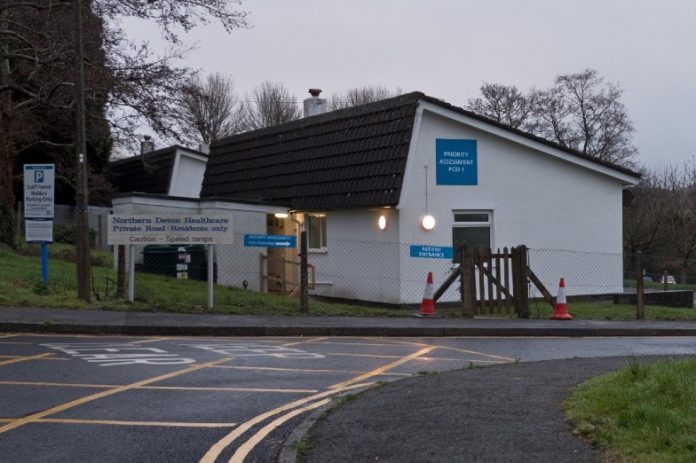Since its inception in 1948, the UK’s National Health Service has become one of Britain’s most enviable institutions. In the current crisis, healthcare workers in the UK and Ireland have been rightly heralded as national heroes, and morale in the UK was buoyed once again by the Clap for our Carers on 2 April. This minute long applause is now set to be a weekly event for the foreseeable future.

However, despite the heroism of British and Irish healthcare workers, COVID-19 has put severe strain on health services. There are daily reports of inadequate access to personal protective equipment (PPE) within hospitals and NHS staff are reporting a severe lack of testing for frontline workers.
“The lack of clear guidance and PPE for frontline staff has put us all at risk while greatly increasing anxiety across the entire frontline … I am currently at home, symptom free, as my wife has developed what may well be COVID-19. My colleagues will continue without me for the next two weeks as I won’t be tested” said one doctor at a hospital in West Yorkshire.
The lack of testing for NHS staff is compounded by a lack for testing for their own patients. “My current experience had me trying to fight for testing for my patients. They are caught in a limbo, where the most vulnerable members of our society cannot leave hospital because they are ‘self-isolating’ in an acute hospital bed, without symptoms but having been in contact with COVID-19 positive patients”.
Unsurprisingly, staff working in direct contact with COVID-19 are not the only personnel facing increased pressure. Many have had to adapt quickly to the recent move to redeploy staff across the health and social care system:
“Redeployment is probably something a lot of people don’t think about but for a lot of nurses and health care workers our lives are being turned upside down” said a trainee specialist nurse in sexual health from Yorkshire. “We’re closing almost all of our clinics and we are all slowly being redeployed to the hospital … I’m waiting to hear where and when so it’s a very anxious time for us … we’re going to have to step out of our comfort zones into a completely different environment during the pandemic, pushing our knowledge and skills to the limit.”
For other health care workers the role they will play in treating COVID-19 patients is yet to be established. A physiotherapist from Norwich said this:
“The physio profession is gearing up for things to change and we are having to establish our role with COVID-19 positive patients. It’s likely that the majority of our input will be rehabilitating patients further down the line. Some patients will be ventilated for 14 days which is a huge amount of time to be on a ventilator. That’s where our skills in musculoskeletal work will become really important in getting patients back to their strength and mobility prior to contracting the virus.”
It is important to remember that the pandemic does not exist in isolation. Indeed, the COVID-19 and many other life-threatening illnesses and injuries are by no means mutually exclusive. “We have lots of patients in the hospital for other reasons already and it’s really important to make sure these people are looked after.”
One doctor from Yorkshire added: “We are caring for an unprecedented amount of unwell patients with COVID-19, but we mustn’t forget the other diseases and life threatening illnesses that people will also continue to develop such as: strokes, heart attacks and sepsis.”
Now more than ever, it is important to show our support and appreciation for our healthcare professionals, who risk their own safety to help others. This has felt particularly poignant in a week that saw four NHS doctors die of the disease – two of whom had left retirement to volunteer at their local hospitals where they later contracted the virus.
Following the advice of the head of the World Health Organisation, Tedros Adhanom Ghebreyesus, to “test, test, test”, we can take heart in health secretary Matt Hancock’s announcement yesterday of the Government’s goal to test 100,000 people a day by the end of April. And, while the Government takes measures to keep our NHS workers safe, we must continue to show our appreciation for their sacrifice by staying inside and keeping safe.
Additional links:




